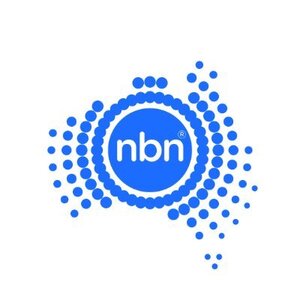Hi,
Anyone upgraded from 1000Mbps to 2000Mbps? If yes, do you notice any difference?
I'm using Xiaomi BE10000, upgraded to 2000 Mbps and max speed increased from ~880Mbps to ~940Mbps. WAN port is on 10Gb, I've switched to SPF as well, but still max 940Mbps.
I'm not sure ISP hasn't upgrade my speed, or this Xiaomi BE10000 maxed out at ~1000Mbps. Of course I'm connected to 5GHz.

[Grabs.popcorn]